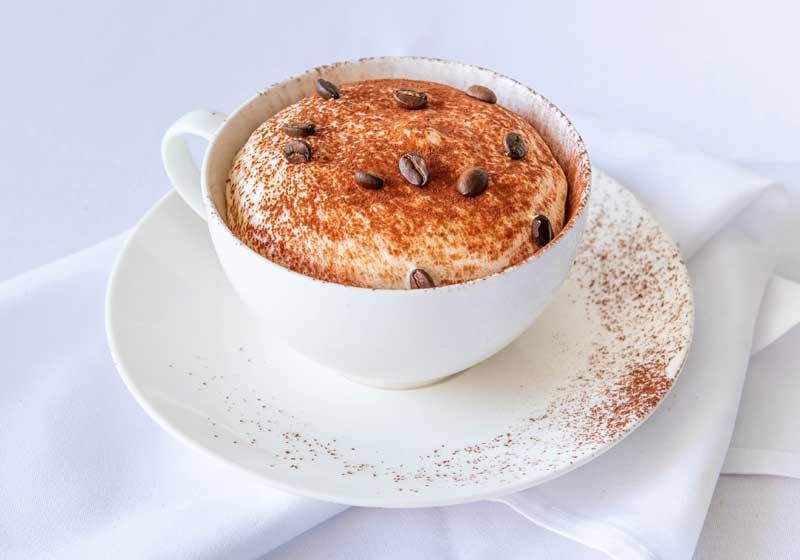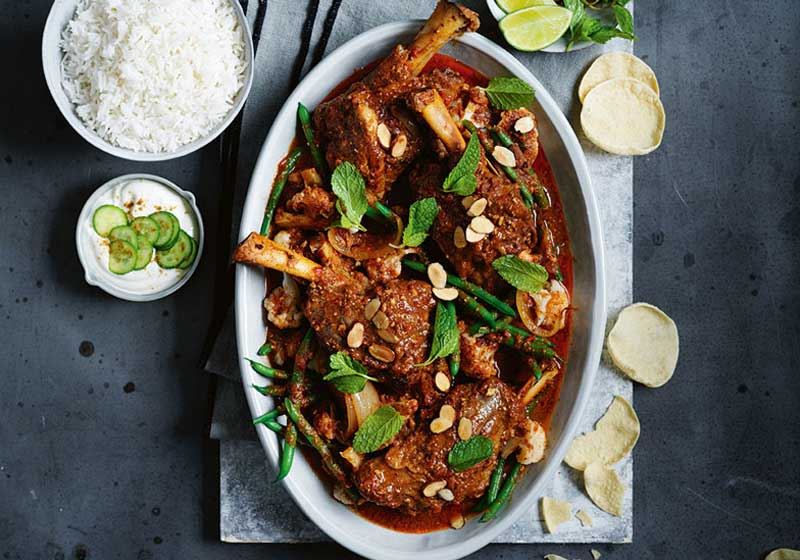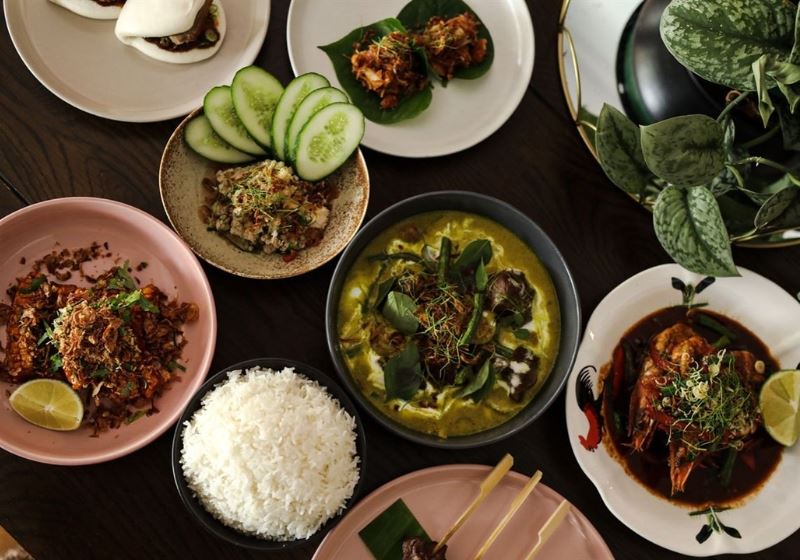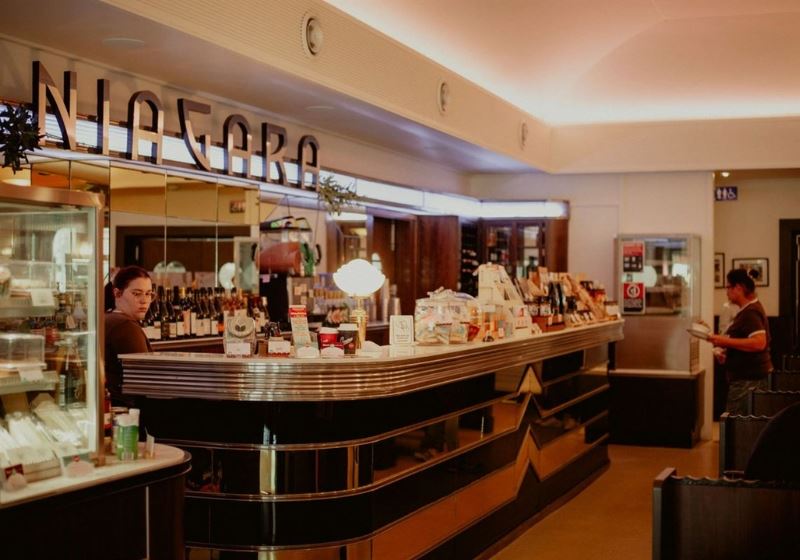Growing up in far Western Queensland, Aunty Dale Chapman has early memories of cooking kangaroo tail soup and Johnny cakes around the fire with her Mum and Dad at age four.
Born in Dirranbandi on Yuwaalaraay and Kooma tribal lands, Dale has lived on Gubbi Gubbi land (known as the Sunshine Coast) since 1976.
"As a young Aboriginal child, my life was on the move – 13 schools before grade 7 – and trying to navigate two worlds,” she tells AGFG. "My one constant was my Mum, who encouraged us girls to achieve whatever we put our minds to.”
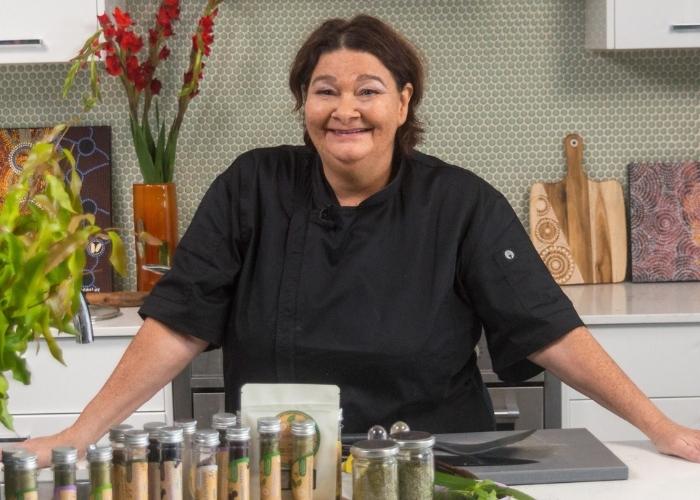
That is exactly what Dale did…launching My Dilly Bag store in the middle of the pandemic in February 21.
"It was an opportunity to have a headquarters and home for Dilly Bag Company, which I started in 2000. My Dilly Bag was born to create awareness and confidence in Australian sovereign food and botanicals.
"I know we are doing just that when I see the increased excitement and wonder our flavours, medicines, well-being and sovereign foods are bringing to the public.”
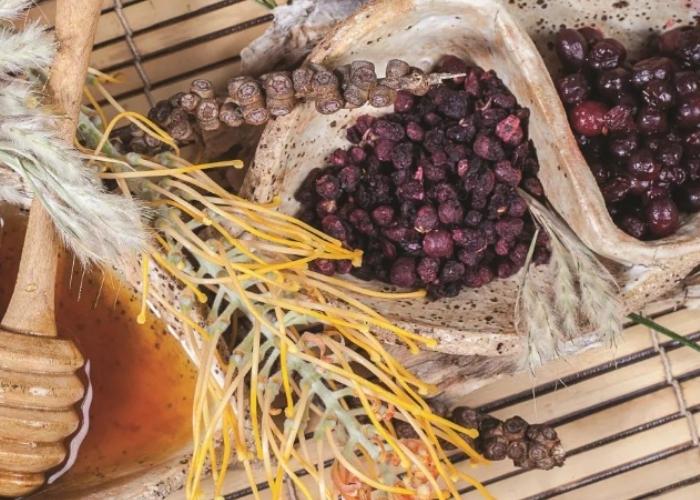
Named for the dilly bag used by women to collect food and made of natural fibres found in the landscape; it is also used worldwide as a shopping or handbag to protect precious items.
"My Mum has always been my biggest inspiration. She is a great cook and we never went without; she taught us to cook from very little and how to make a pot stew go from feeding five people to 12 with a quick addition of onion, potato, water and a can of tomatoes to extend the meal.
"She would throw a damper together in no time and we would all be enjoying a feed with family and friends.”
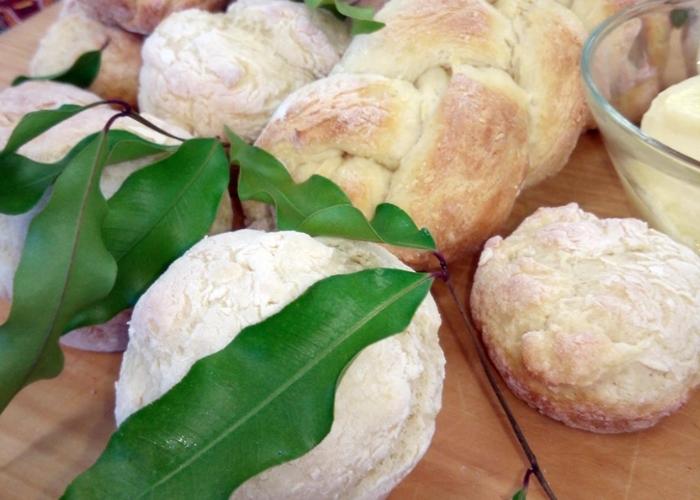
While the average home cook has some but not a lot of knowledge about cooking methods for native ingredients, Dale believes the stigma aligned with bush food or tucker is still evident.
"I say this with the utmost respect to everyone, but these words conjure up a picture of dusty roadkill and a lazy mob roaming endlessly over the country foraging for the next meal. WRONG!
"Integrating my ancestral foods into the home kitchen is as simple as ensuring the home cook is confident in substituting and enhancing favourite family recipes with these unique ingredients.”
Dale has written a cookbook, Cooee Cuisine, which modernises wild and commercially harvested ingredients so every Australian can absorb authentic traditional flavours into their cooking.
She shares her recipe for Coat of Arms pie with bunya nuts with AGFG – using kangaroo and emu meat, topped with crusty golden pastry.
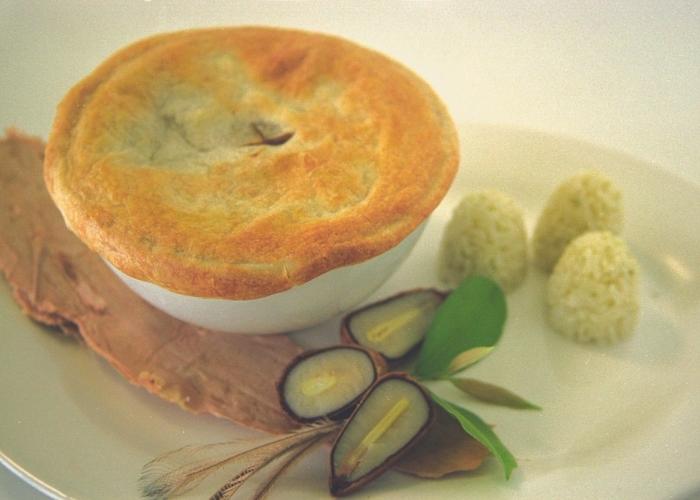
"Emu and kangaroo are on the coat of arms of Australia because both animals can only move forward, representing a progressive country. Incidentally, Australians also like to dine on their emblems.”
For Dale, whose family totem from her grandfather’s side is the emu and possum from her grandmother’s side, this represents pride, self-control, honour, peace, harmony and respect; it is also one of the Australian Indigenous astrological star constellations, which spiritually connects the waterways.
"When I was growing up, I had kangaroos and wallabies as pets instead of the usual cats and dogs. One of my kangaroos would sneak into the kitchen, rock back and forth on his big tail and reach the family’s loaf of bread.
"He would then get it to his co-conspirator, Wendy the Wallaroo and she would stuff it in her pouch to eat later.”
Dale says kangaroo is sold in many supermarkets and butchers across the country and when the industry started, Aboriginal Elders placed a cultural practice on the industry that only males and young males were harvested, allowing females and old bucks to breed.
"Cooked right it is the most sensational, sustainable protein on earth.”
As for the future, she wants to create a brand that is true to her ancestors and a sustainable supply chain for First Nations people's businesses that will grow our nation’s assets and a new generation of proud Australians.
AGFG acknowledges the Traditional Owners of Country throughout Australia and their continuing connection to land, sea, and community. We pay our respects to them and their cultures, to the Elders past, present and emerging.


